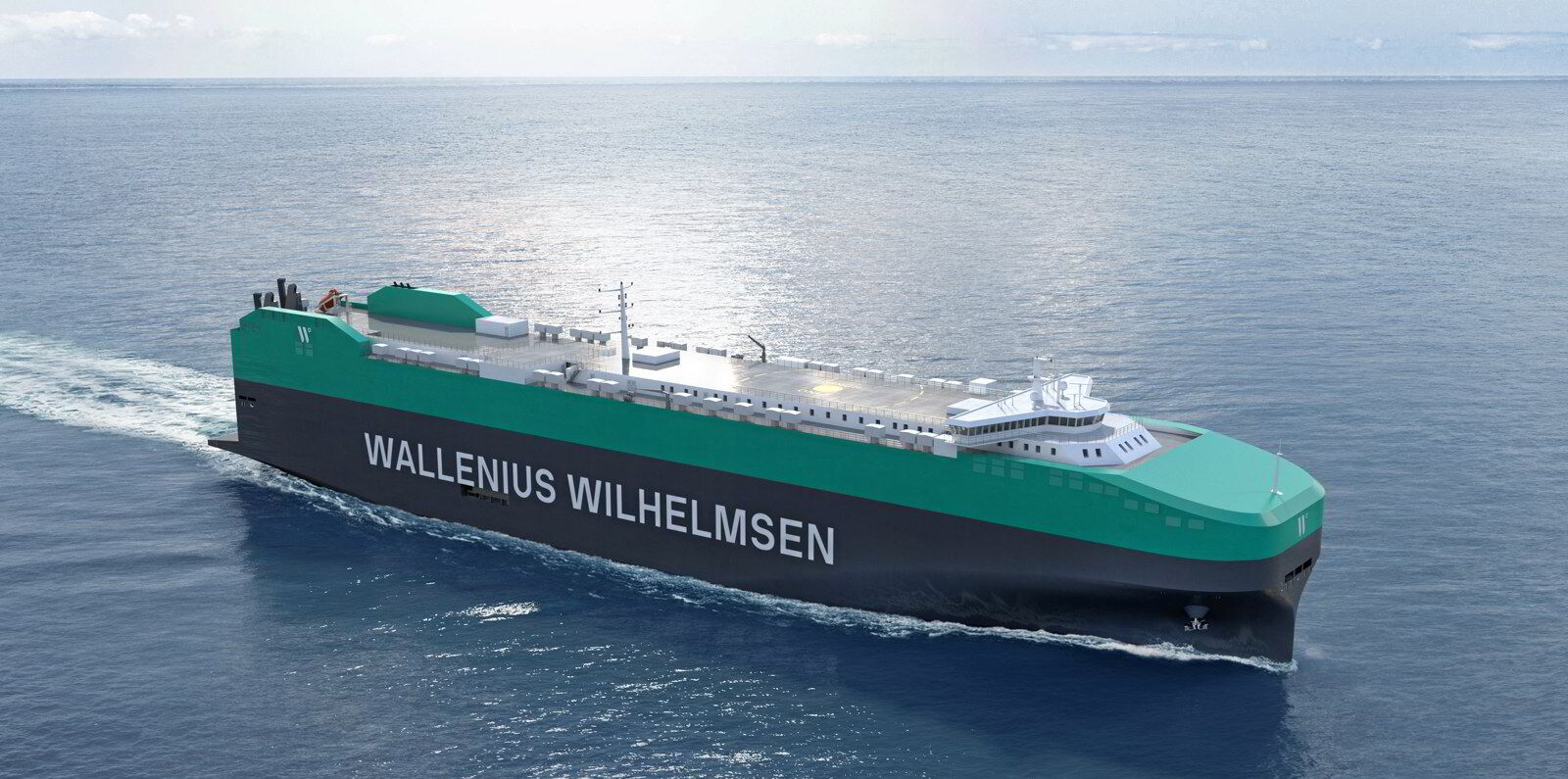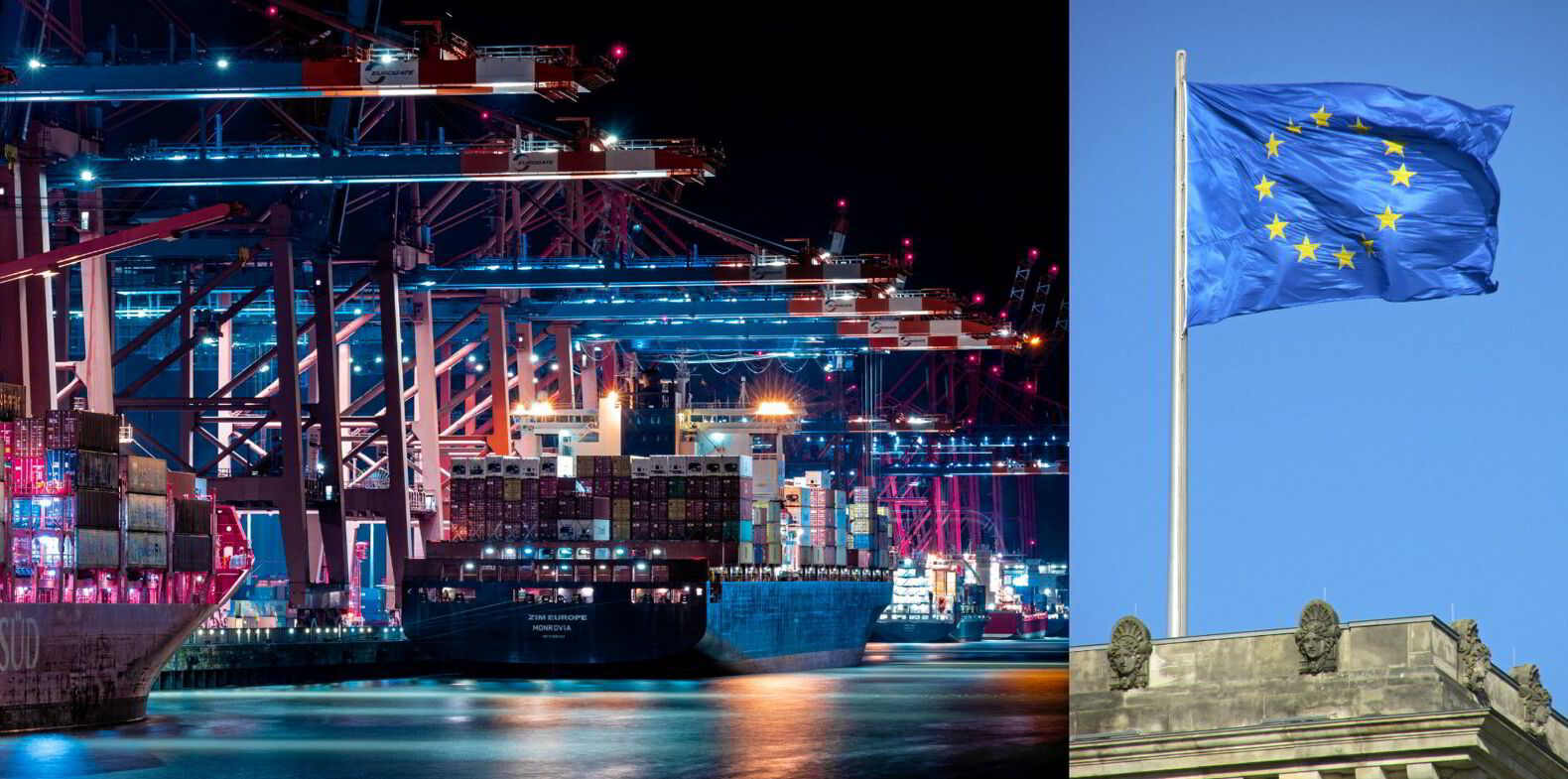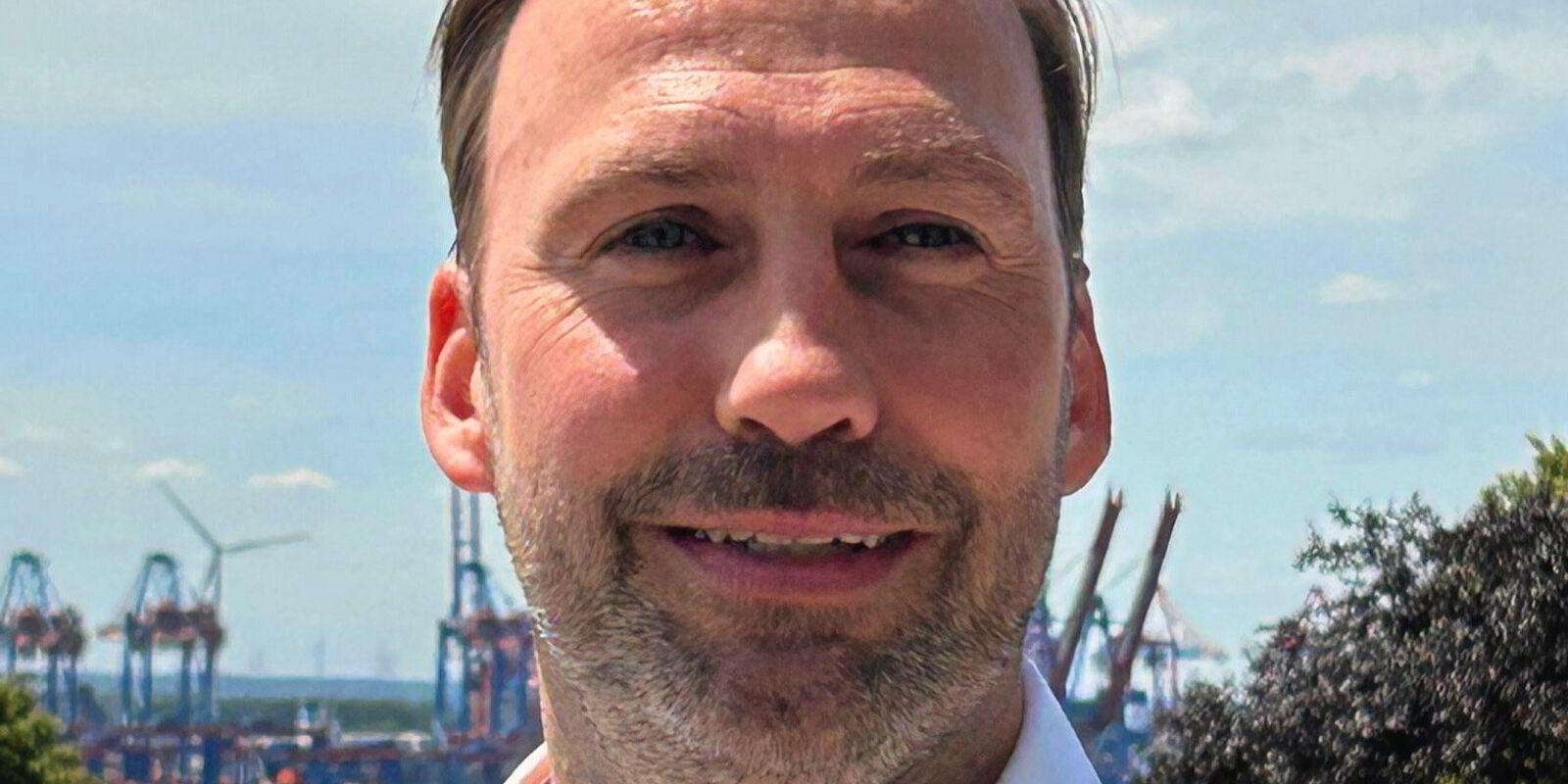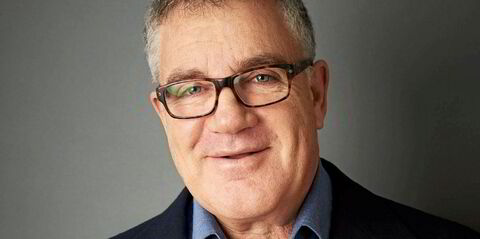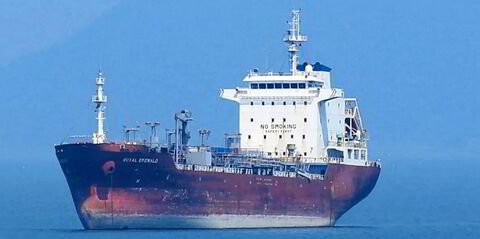Wallenius Wilhelmsen has figured out how to start pricing in alternative fuels and wants the rest of the industry to follow its lead.
The Norwegian car carrier giant is set to launch its Bunker Adjustment Factor 2.0, or BAF2.0, in the new year, slowly phasing new fuel types into its fuel surcharge calculation.
Jon Tarjei Krakenes, head of the company’s decarbonisation task force, said: “We have developed the BAF2.0 based on our parameters and our fuel needs.
“But we would like our competitors to adapt the concept and follow the same price mechanism.
“We know that our competitors have different fuel mixes than ours based on their different vessels.
“So the fuel mix will be carrier-specific. That’s quite clear. But if the concept is the same, it’s no issue that the fuel mixes vary, as we are all operating based on the same mechanism.”
Krakenes told TradeWinds that the initial adjustment would add LNG and biofuel, together totalling roughly 10% of the fuel mix factored into the calculation.
The intention is to revisit the formula annually and make changes based on market conditions and Wallenius Wilhelmsen’s fuel use, including adding additional fuels to the equation.
As it stands, the BAF2.0 has been added to the company’s new contracts, many of which were renegotiated this year or will be before 2024 ends.
Legacy contracts without the BAF2.0 will have it included when those deals are renewed, Krakenes said.

By 2040, the company hopes to have phased fossil fuels out of the mix completely, in keeping with its decarbonisation targets, which include a start on net zero end-to-end service by 2027.
It primarily fuels in Rotterdam and Singapore, two of the world’s largest bunkering ports, with a wide range of fuel offerings, making pricing data easier to come by, Krakenes said.
He also trumpeted BAF2.0’s simplicity, arguing that other solutions such as separate calculations for each fuel and various charges to comply with regulations like FuelEU Maritime would only complicate matters.
This was a way to ease into the fuel transition while reflecting consensus around the multi-fuel future and that fossil fuels will not be phased out overnight.
“We want to build on something which is well established, which the BAF is,” he said.
“We are headed into a market which will be more complicated and complex, as more regulations and fuel types come into play.
“BAF2.0 takes the complexity into consideration and offers a simpler tool as we decarbonise shipping, which is already a complex process of itself.”

